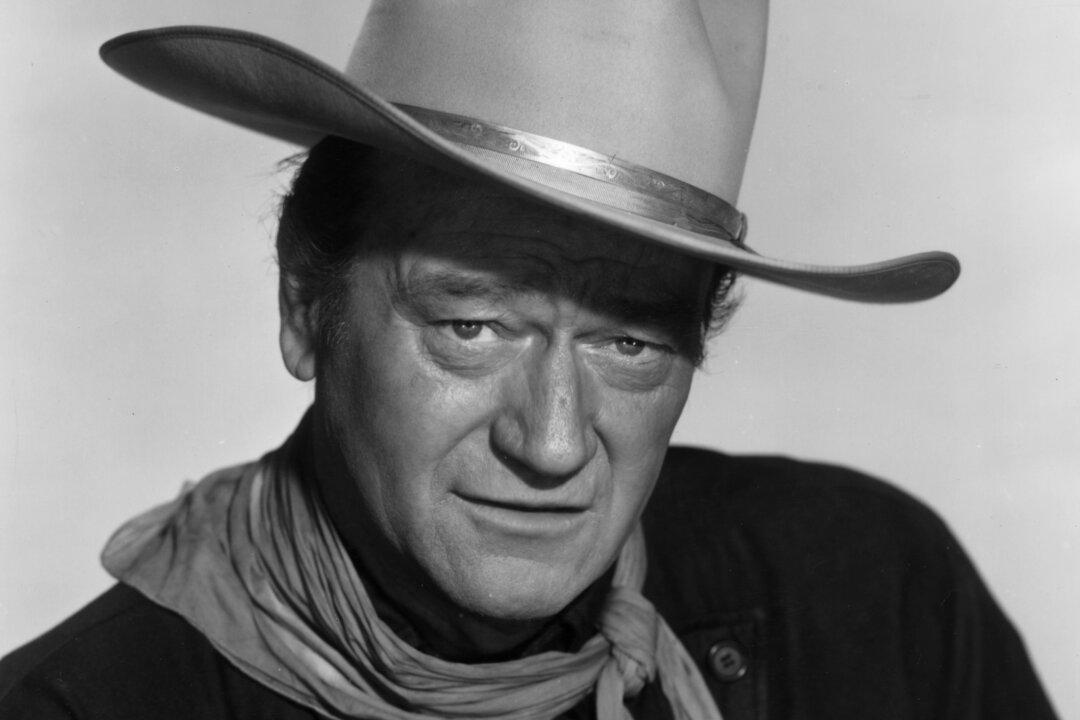Grab a bowl of popcorn and your favorite beverage, hit the sofa, dim the lights, and flick on the television screen.
We’re off to the movies. Specifically, movies about men.

Grab a bowl of popcorn and your favorite beverage, hit the sofa, dim the lights, and flick on the television screen.
We’re off to the movies. Specifically, movies about men.